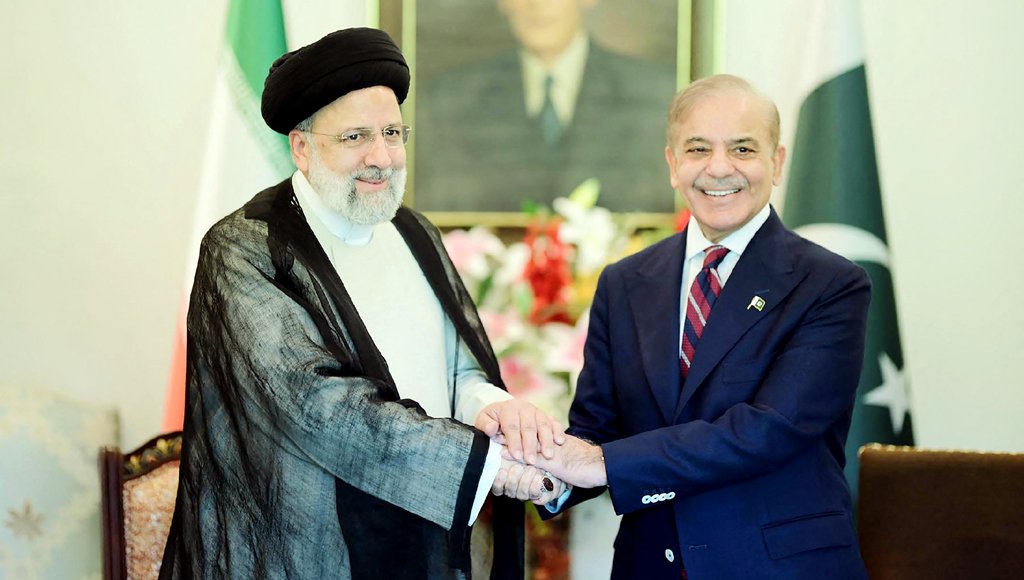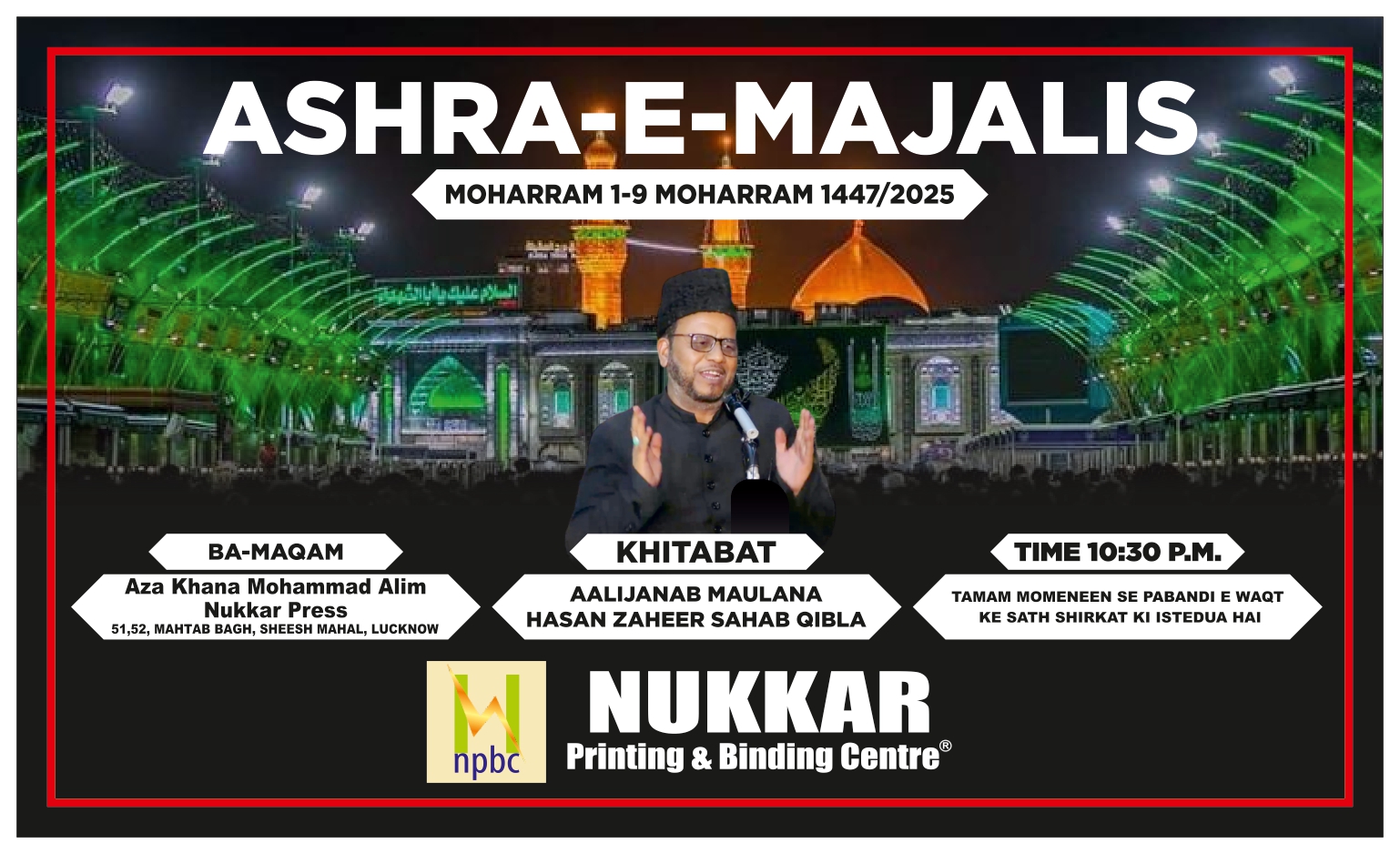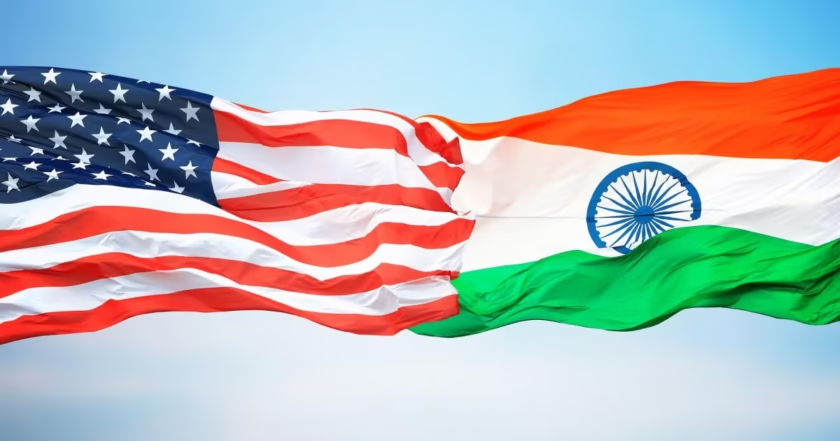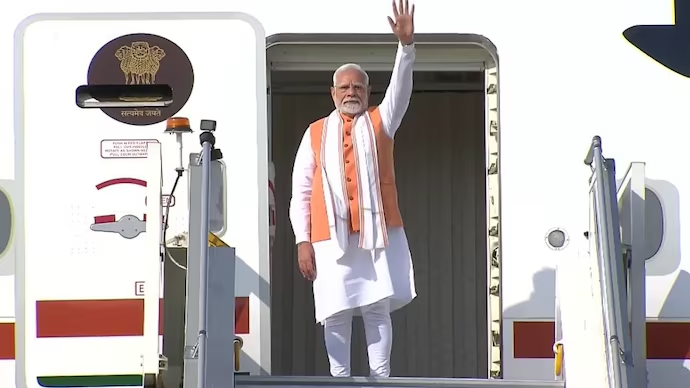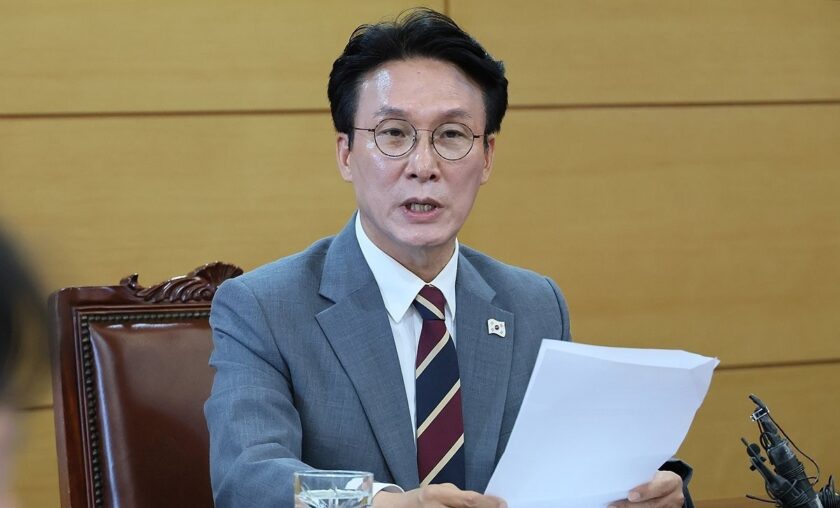Islamabad: Amidst tremendous tension with Israel, Iranian President Ebrahim Raisi has reached Pakistan. Raisi will stay in Pakistan for three days. During this time he will hold many high level meetings in the capital Islamabad. Apart from this, he will also visit Karachi and Lahore.
This is the first visit of a foreign leader after the formation of the new government in Pakistan on February 8. This visit of Raisi is also special because earlier this year, tension had increased between Pakistan and Iran.
Iran had earlier carried out an airstrike in Baluchistan, Pakistan. In response, Pakistan also attacked Sistan-Baluchistan province of Iran. Both the countries had called it an action against terrorists.
This visit of President Raisi to Pakistan is also being monitored because he has not come alone. Along with him, his wife, Foreign Minister and many senior ministers and officers of the Iranian government have also come to Pakistan.
What has happened till now?
The Iranian President met Pakistan Prime Minister Shahbaz Sharif. There was a meeting between the two at the Prime Minister of Pakistan’s residence, where Raisi was given a guard of honour.
According to Radio Pakistan, there was also discussion between Raisi and Sharif on increasing trade between the two countries. Iran and Pakistan decided to increase the trade between them to 10 billion dollars.
An agreement was also reached between Pakistani PM Sharif and Iranian President Raisi to jointly deal with terrorism. This agreement matters because in January itself, Pakistan and Iran had carried out air strikes on each other’s terrorist targets.
President Raisi will also meet Pakistan President Asif Ali Zardari during his visit. Apart from him, he will also have a meeting with Senate Chairman Yusuf Raza Gilani and National Assembly Speaker Ayaz Sadiq.
Iran and Pakistan share a 900 kilometer long border. Relations between the two have been good. However, sometimes clashes and tension persist on the border.
When Pakistan became a new country in 1947, Iran was the first country to recognize it as a separate nation. Similarly, after the Islamic Revolution in 1979, when Iran declared itself an Islamic nation, Pakistan was the first country to recognize it.
However, tension also persists between Pakistan and Iran. Both the countries have been accusing each other of spreading terrorism in their countries.
Iran claims that there is a terrorist organization named Jaish-al-Adl in the Balochistan province of Pakistan, which keeps attacking there. At the same time, Pakistan claims that Baloch Liberation Army is active in Iran’s Sistan-Baluchistan, which targets Pakistani security forces.
In January this year, Iran had first attacked the terrorist organization named Jaish-al-Adl. After this, Pakistan claimed to attack the bases of Baloch Liberation Army in Sistan-Baluchistan.
Shia-Sunni conflict
Although relations between Pakistan and Iran are considered good, but one reason for tension between them is Shia and Sunni conflict.
After Bangladesh was formed in 1971, Pakistan intensified its efforts to present itself as the leader of Sunni majority countries. At the same time, after the Islamic Revolution of 1979, Iran calls itself the leader of Shias.
The CIA’s World Factbook estimates that of Iran’s 99.6% Muslim population, 90 to 95% are Shia and 5 to 10% Sunni. At the same time, out of the 96.5% Muslim population of Pakistan, 85 to 90% are Sunni and 10 to 15% are Shia.

According to the Council of Foreign Relations (CFR), there was peace between Sunni and Shia despite differences, but after the beginning of the 20th century, tension between the two increased. Iran’s Islamic Revolution in 1970 further increased this dispute.
Taliban also spoiled relations!
Taliban is also considered a reason for differences between Pakistan and Iran. Like Pakistan, Afghanistan is also a Sunni majority nation.
In the 1980s, when the Red Army of the Soviet Union attacked Afghanistan, Pakistan and Saudi Arabia together faced it. It was because of Pakistan and Saudi Arabia that Sunni organizations like Taliban also emerged.
When Taliban first came to power in Afghanistan, Pakistan was among the first few countries to recognize it. Whereas, Iran’s support was to the Northern Alliance. The Northern Alliance was an army of some Islamic organizations which was fighting against the Taliban.
When Taliban was in power from 1996 to 2001, relations between Pakistan and Iran were at their worst. Due to this, the business between the two is also adversely affected.
It happened. In 2001, there was a trade of 160 million dollars between the two countries. Whereas, before this in 2000, there was a business of about 400 million dollars between the two.
Also read: Pakistan changed its desire to become a ‘Muslim leader’! Read- How Shia-Sunni conflict can increase war with Iran
America keeps a close watch
America also has its eyes on this visit of Iranian President Ebrahim Raisi to Pakistan. The reason for this is that relations between America and Iran are not good. On the other hand, America does not want any country to increase its closeness with Iran.
At the same time, Pakistan tries to maintain a balance between America and Iran. In 2013, an agreement was signed between Pakistan and Iran regarding a gas pipeline project.
However, America has been opposing this gas pipeline. America has imposed many sanctions on Iran, due to which the pace of this project is very slow.
Not only this, Pakistan also fears that if it withdraws from this project due to American pressure or violates it, then the matter may go to the International Court. Last year in December, Iran had threatened Pakistan that if it does not complete its share of the project, it will take the matter to the International Court and claim 18 billion dollars.
Will things be resolved through Raisi’s visit?
Relations between Pakistan and Iran have not been anything special in the last few years. After the airstrike on each other in January this year, there was tremendous tension between the two.
However, after the visit of Ebrahim Raisi, relations between the two countries are expected to be back on track. The agenda of President Raisi’s visit to Pakistan not only includes improving bilateral relations, but also includes combating terrorism, improving communication and business relations between the two.
Pakistan, Iran, Iranian president, Ebrahim Raisi, Shebaz Sharif

